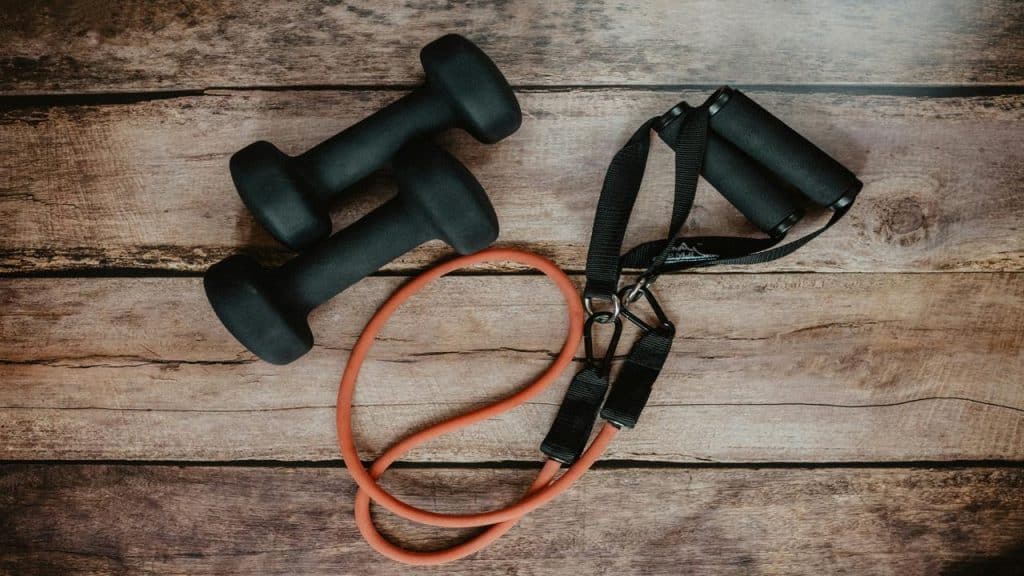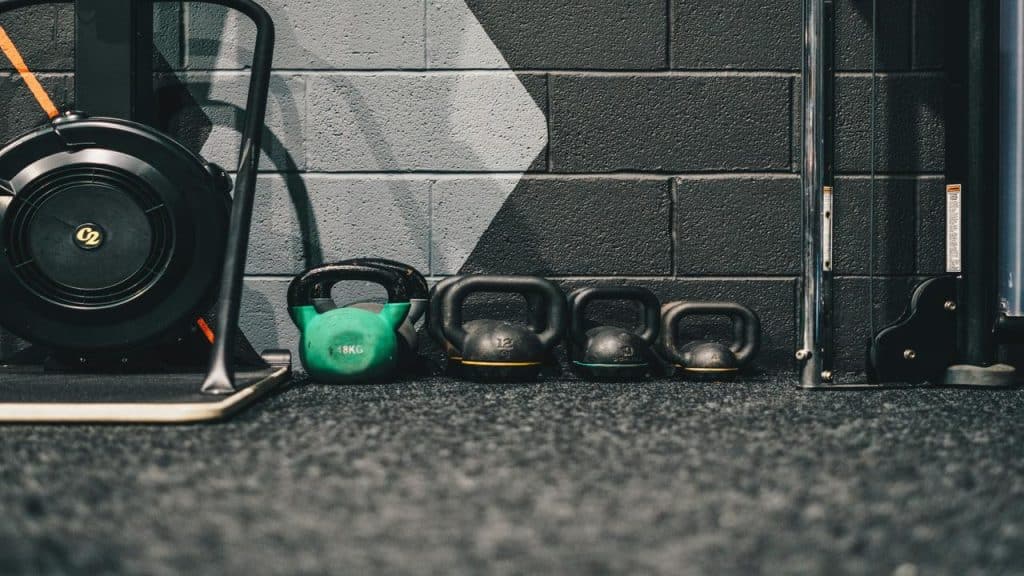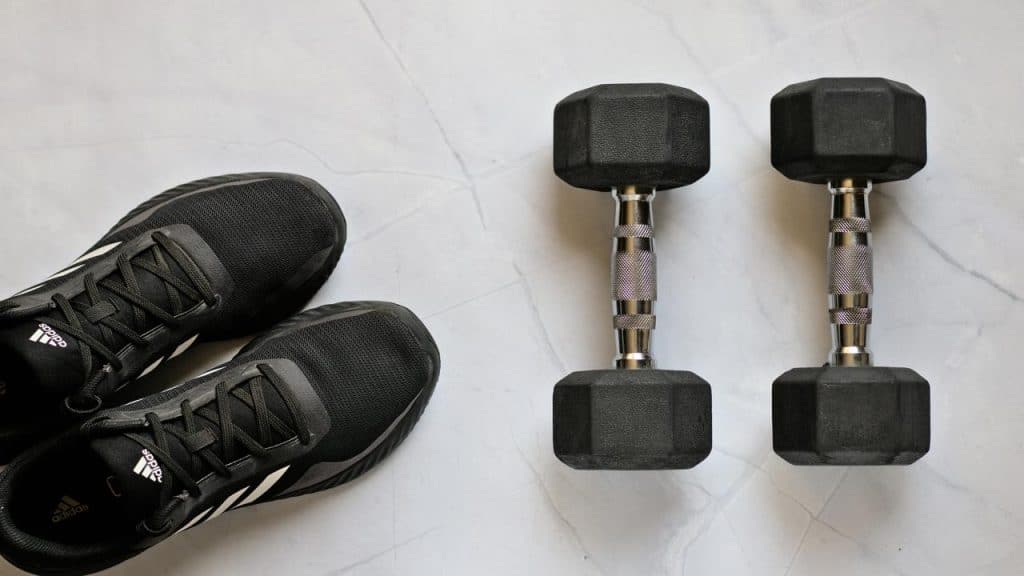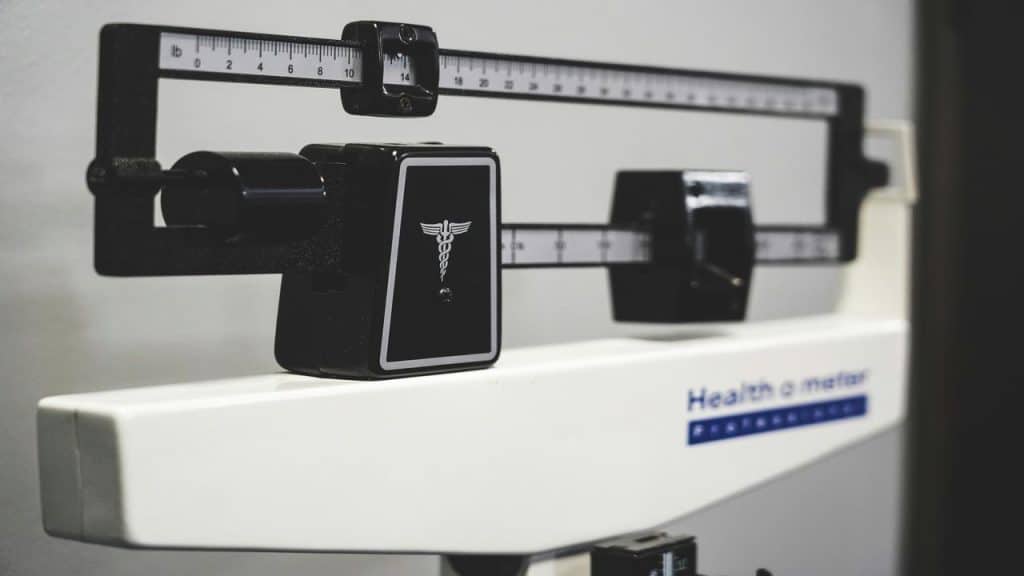
When you reach 40, your body starts to react differently. Your metabolism slows down, the recovery takes longer, and the body starts demanding smarter attention. At this stage in your life, your fitness goals should focus on strength, mobility, and longevity.
Doctors working with men in their 40s emphasize practical strategies that deliver results without wrecking your schedule or your knees. Try out these hacks to live a healthier lifestyle that doesn’t require a week-long session in the gym.
Walk Like It’s Your Job (Because It Kind of Is)

Walking supports heart health, regulates blood sugar, improves circulation, and clears mental fog. Doctors often recommend walking as the foundation of any health plan because it’s sustainable and effective.
It boosts your daily calorie burn through NEAT (non-exercise activity thermogenesis), which includes any movement that isn’t formal exercise. Grocery runs, stairs, walking meetings, all of these add up. Build a daily walk into your routine, and the benefits stack up fast.
Use Resistance Bands Instead of Dumbbells That Make Your Elbows Cry

Resistance bands deliver muscle-building tension with less joint stress. Doctors regularly recommend them for preserving joint health while building strength.
They’re portable, versatile, and safe. You can target every major muscle group using simple band variations. Chest presses, rows, curls, squats, all of these are possible with one tool that fits in a drawer.
What Builds Results That Stick

Long-term success grows from routines that fit your actual life. Efficient workouts, consistent movement, and manageable meals keep momentum going. Doctors emphasize systems that reduce friction and increase follow-through.
When your workouts require minimal setup and meals stay repeatable, your progress becomes much easier to track. Stackable habits drive better results than complex plans.
Eat More Protein Than You Think You Need

Protein intake supports lean muscle and steady metabolism. After 40, the body benefits from higher protein to preserve muscle mass and improve body composition.
Doctors often recommend 0.7 to 1 gram of protein per pound of body weight. Distribute it evenly throughout the day using whole foods like chicken, salmon, Greek yogurt, eggs, or quality protein powders. Prioritize protein at each meal to support recovery and strength.
Prioritize Sleep Like Your Life Depends on It (Because They Do)

Sleep drives recovery, hormonal balance, fat loss, and energy. Doctors identify quality sleep as a core factor in long-term health and performance.
Create a consistent schedule. Keep your bedroom cool and dark. Limit screens at night. Include calming rituals like stretching, herbal teas, or reading to signal your body it’s time to recharge.
Trade Long Cardio Sessions for Short Intervals

Short, intense cardio sessions preserve muscle and boost cardiovascular health. Doctors often recommend high-intensity interval training for its efficiency and fat-burning power.
Choose movements that spike your heart rate, such as sprints, burpees, jump rope, or kettlebell swings. Work hard for 20 to 30 seconds, rest briefly, then repeat. A focused 15-minute session delivers lasting impact.
What to Do When Time’s Tight

Work, family, and commitments pile up fast. Short, structured routines fit better into busy schedules. Doctors support efficient plans that emphasize movement quality over session length.
Think in terms of consistency. A 20-minute bodyweight circuit or quick walk after lunch builds progress. Also, plan your meal prep in advance. Tight schedules thrive on repeatable strategies.
Train Mobility, Not Just Muscles

Mobility work keeps joints healthy and movement smooth. Doctors value mobility training as a tool to reduce injury and improve performance.
Incorporate stretches like deep squats, thoracic twists, and hip openers into your warmups and cooldowns. Just a few focused minutes per day improve posture, stability, and recovery.
Swap Beer Binges for One or Two ‘Social Sips’

Moderate alcohol keeps hormones stable and recovery on track. Doctors recommend limiting intake to support sleep, metabolism, and energy.
Choose quality drinks and space them out. Drink water between beverages and avoid regular drinking habits.
Why It Pays to Keep It Simple

Simple routines build consistency. Doctors prefer fundamental movements and straightforward meals because they’re easier to repeat and adjust.
Pushups, squats, lunges, and planks provide excellent full-body activation. Protein, vegetables, complex carbs, and healthy fats keep nutrition dialed in. Overcomplicating workouts or diets slows results. Keep it clear and direct.
Build Muscle with Bodyweight Before Touching Iron

Bodyweight training builds strength, coordination, and joint integrity. Doctors often start men with pushups, squats, step-ups, and rows to lay a solid foundation.
These exercises strengthen movement patterns and protect joints. Once bodyweight control improves, progress with added resistance comes naturally.
Use the 80/20 Rule for Food, Not Just Productivity

Balanced eating improves adherence. Doctors see long-term success when meals are structured for consistency with room for enjoyment.
Eat nourishing foods 80 percent of the time. Reserve 20 percent for meals that bring joy. This structure encourages discipline while supporting flexibility, creating a healthy relationship with food.
Get Your Testosterone Checked (Then Actually Do Something About It)

Testosterone affects strength, energy, mood, sleep, and fat distribution. Doctors encourage hormone checks as a proactive step toward overall health.
Improving sleep, managing stress, lifting weights, and dialing in nutrition all support healthy levels. For those needing more, medical guidance provides personalized solutions.
What Keeps You Moving Forward

Progress comes from rhythm. Doctors focus on consistency, manageable challenges, and recovery strategies that let you keep going.
Show up regularly. Stack small wins. Build momentum through daily action with meals, movement, and rest. That rhythm sets the foundation for every goal.
Lift Heavy-ish… But Not Like You’re 25

Moderate-weight training builds strength without joint strain. Doctors recommend focusing on proper form, full range of motion, and controlled tempo.
Stick with compound lifts like rows, presses, squats, and deadlifts. Rest long enough to recover between sets. The goal is to build strength that you can use and sustain.
Focus on Strength and Energy Over Numbers on the Scale

Strength, energy, and function reveal more about progress than body weight. Doctors track performance, mobility, and overall vitality as key indicators.
Train to feel sharper. Eat to perform better. Sleep to recharge. The mirror and the scale will reflect those shifts.
Stretch Your Spine Daily (Your Future Self Will Thank You)

Spinal health drives posture, balance, and movement quality. Doctors frequently treat back discomfort tied to stiffness or poor mobility.
Incorporate cat-cow stretches, cobra poses, foam rolling, and gentle hangs. A short daily routine protects your spine and helps maintain a strong, stable core.
Supplements That Deserve a Spot in Your Routine

Some supplements carry real value. Creatine leads that list. Doctors recommend it for improved strength, endurance, and cognitive support.
Five grams per day of creatine monohydrate taken with water or a shake helps preserve muscle, speed recovery, and support long-term performance.
Add Creatine to Your Daily Stack

Creatine enhances muscle performance, supports recovery, and improves mental clarity. Its safety and effectiveness make it a staple recommendation from doctors and sports scientists.
No loading or cycling required. Just one scoop per day, every day. Add it to your morning routine for consistent benefits.
Find a Physical Hobby That Keeps You Coming Back

Activities that feel fun stay consistent. Doctors support hobbies that involve movement and engagement, such as hiking, biking, martial arts, or rec league sports.
Pick something you look forward to. Weekly commitments turn into lifelong habits when the activity brings challenge, enjoyment, and connection.






Ask Me Anything